The IWTF was created to pay for construction and maintenance on much of the nation’s most used waterways. Funded by a tax on fuel used for inland waterway shipping, the trust fund is supposed to be self-sustaining. But years of overspending, coupled with decreased usage of the nation’s locks and rivers, has left the IWTF essentially bankrupt. Now a group of special interests are seeking to further roll back their cost sharing responsibility and increase taxpayer subsidies for inland waterway navigation to a level that far exceeds all other forms of transportation, including highways, rail and air travel. See the text of our letter to the House Transportation and Infrastructure Committee below:
American Rivers * Institute for Agriculture and Trade Policy * Izaak Walton League of America * Missouri Coalition for the Environment * National Wildlife Federation * Prairie Rivers Network
* River Alliance of Wisconsin * Sierra Club * Taxpayers for Common Sense
June 17, 2010
United States House of Representatives
Washington, DC 20510
Subject: Inland Waterways Trust Fund Taxpayer Bailout
Dear Representative:
We understand that the inland waterway users are proposing to shift large amounts of the costs of constructing and maintaining the inland waterway system off of the industry and onto federal taxpayers. This proposal represents a major retreat from prior long and strenuous negotiations for cost-sharing reforms and would effectively gut the inland waterway cost-sharing requirements agreed to in the landmark 1986 Water Resources Development Act.
On behalf of the millions of members and supporters our organizations represent, we urge you to reject this approach and find a more equitable way to address the funding shortfalls in the Inland Waterway Trust Fund. Simply put, the trust fund is depleted due to several problems, including major increases in spending and massive cost overruns at projects and flat and declining traffic levels yielding less revenue. Tapping the U.S. Treasury to mask these structural problems would be irresponsible. Furthermore, recognizing the competitive nature of the Corps of Engineers budget, increasing taxpayer funding for the Inland Waterway System would directly reduce funding available for flood and storm damage reduction and environmental restoration projects.
We have reviewed the recommendations contained in the Inland Marine Transportation Systems (IMTS) Capital Projects Business Model, Final Report, Revision 1 dated April 13, 2010 – Final Recommendations. This report prepared for the Inland Waterways Users Board, which consists primarily of representatives of the nation’s barge companies, recommends shifting the Congressionally-mandated cost-share requirements for construction and rehabilitation of locks and dams on the inland waterways system from the Inland Waterways Trust Fund to taxpayers.
We strongly oppose all changes that will shift responsibility for the marine transportation system’s problems onto taxpayers. The IMTS recommendations resolve the industry’s shortfall by simply moving cost-share obligations from the users of the inland waterways to taxpayers and in so doing remove any incentive to contain project costs.
Currently, the inland waterways system is publicly subsidized at approximately 90 percent, including 50 percent of the costs for new construction projects and rehabilitation projects, and 100 percent of all operation and maintenance expenses. This is by far the most subsidized freight shipping mode in the country. The industry provides only about $80 million per year to the IWTF through a $0.20 per gallon fuel tax that has not increased since 1995. The remaining more than $720 million required to keep the system functioning is already being provided by the taxpayers. We estimate the IMTS recommendations will further increase the public subsidy for inland waterway construction and rehabilitation by about $200 million annually, while adding major additional taxpayer obligations for operating and maintaining the inland waterway system.
The table below details the changes proposed by the inland waterways users to long-standing cost-share obligations in order to blatantly transfer the industry’s costs onto the U.S. Treasury and all federal taxpayers.
|
Inland Waterways Trust Fund Cost Share Obligations
|
||
|
Project Type |
Current Law |
IMTS Recommendations |
|
New Lock Construction |
50% public – 50% IWTF |
50% public – 50% IWTF |
|
Lock Rehabilitation above $100 million |
50% public – 50% IWTF |
50% public – 50% IWTF |
|
Lock Rehabilitation below $100 million |
50% public – 50% IWTF |
100% public |
|
New Dam Construction |
50% public – 50% IWTF |
100% public |
|
Dam Rehabilitation |
50% public – 50% IWTF |
100% public |
|
Cost Overruns |
50% public – 50% IWTF |
100% public |
We strongly urge that the IMTS report recommendations for increasing the public’s cost-share obligations on the inland waterways system be rejected. At a time when the federal government’s financial resources are stretched to the limit, seeking an increase in an already excessive subsidy is clearly unwarranted and irresponsible.
Sincerely,
Shana Udvardy
Director, Flood Management Policy
American Rivers
Denny Caneff
Executive Director
River Alliance of Wisconsin
Jim Harkness,
President
Institute for Agriculture and Trade Policy
Brad Redlin
Agricultural Program Director
Izaak Walton League of America
Kathleen Logan Smith
Executive Director
Missouri Coalition for the Environment
David Conrad
Senior Water Resources Specialist
National Wildlife Federation
Glynnis Collins
Executive Director
Prairie Rivers Network
Ed Hopkins
Director, Environmental Quality Program
Sierra Club
Steve Ellis
Vice President
Taxpayers for Common Sense



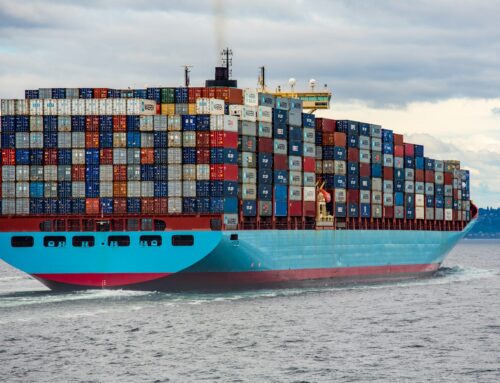
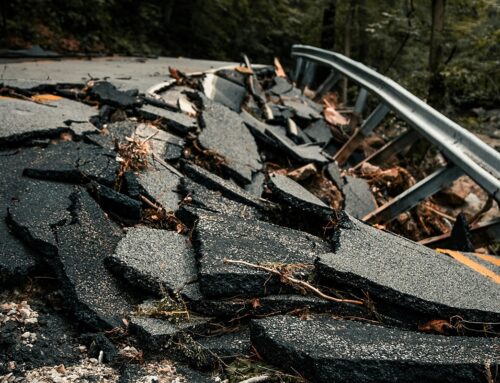
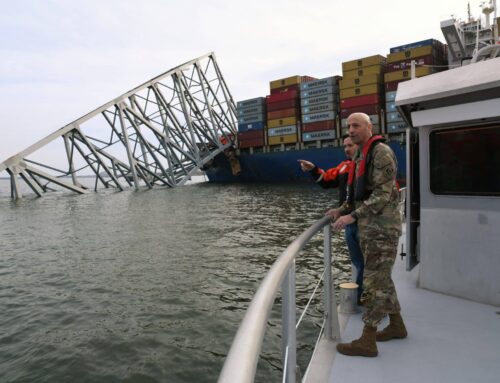
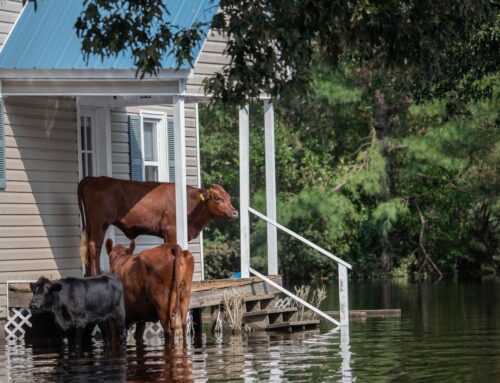






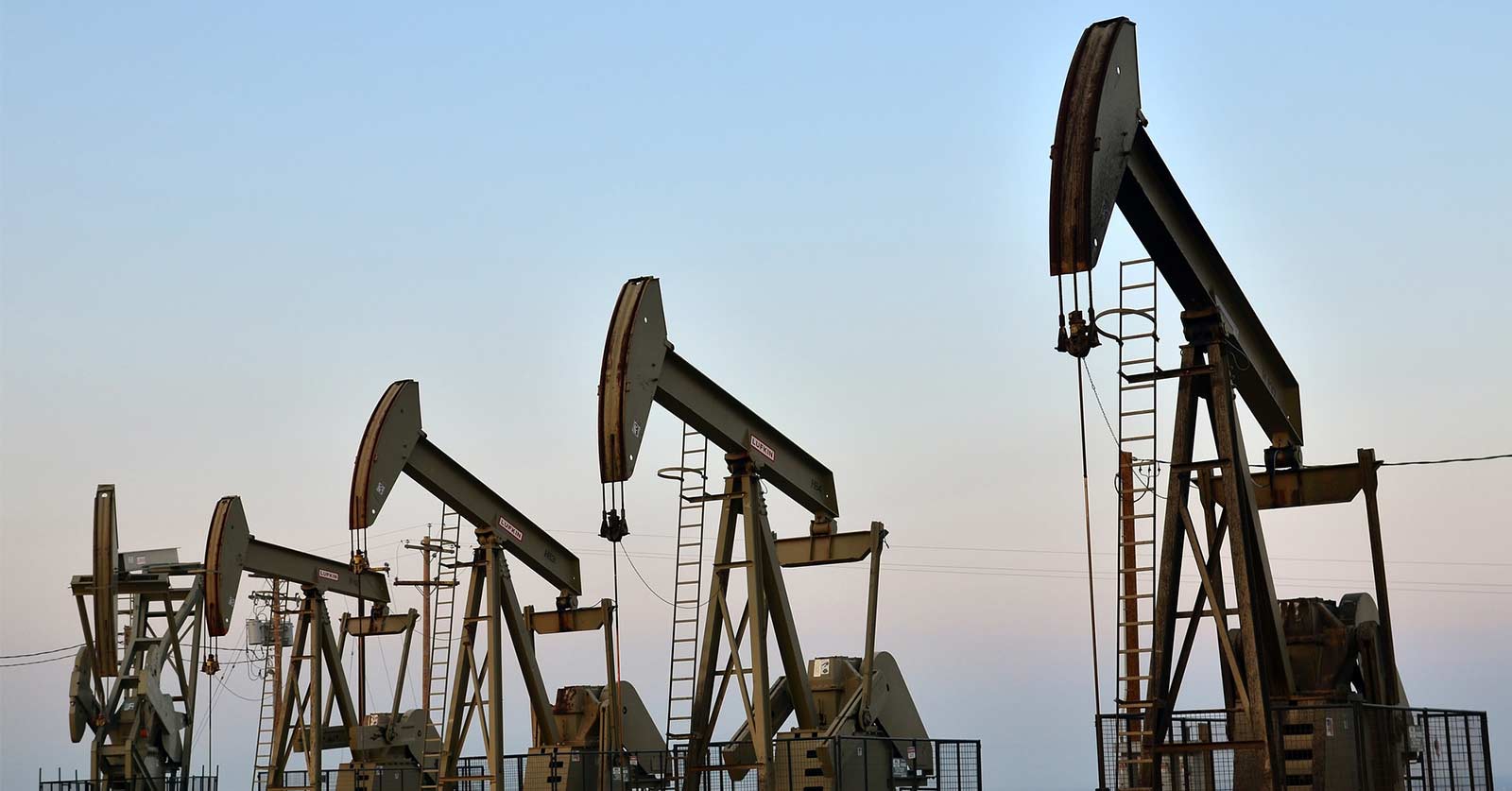
Get Social